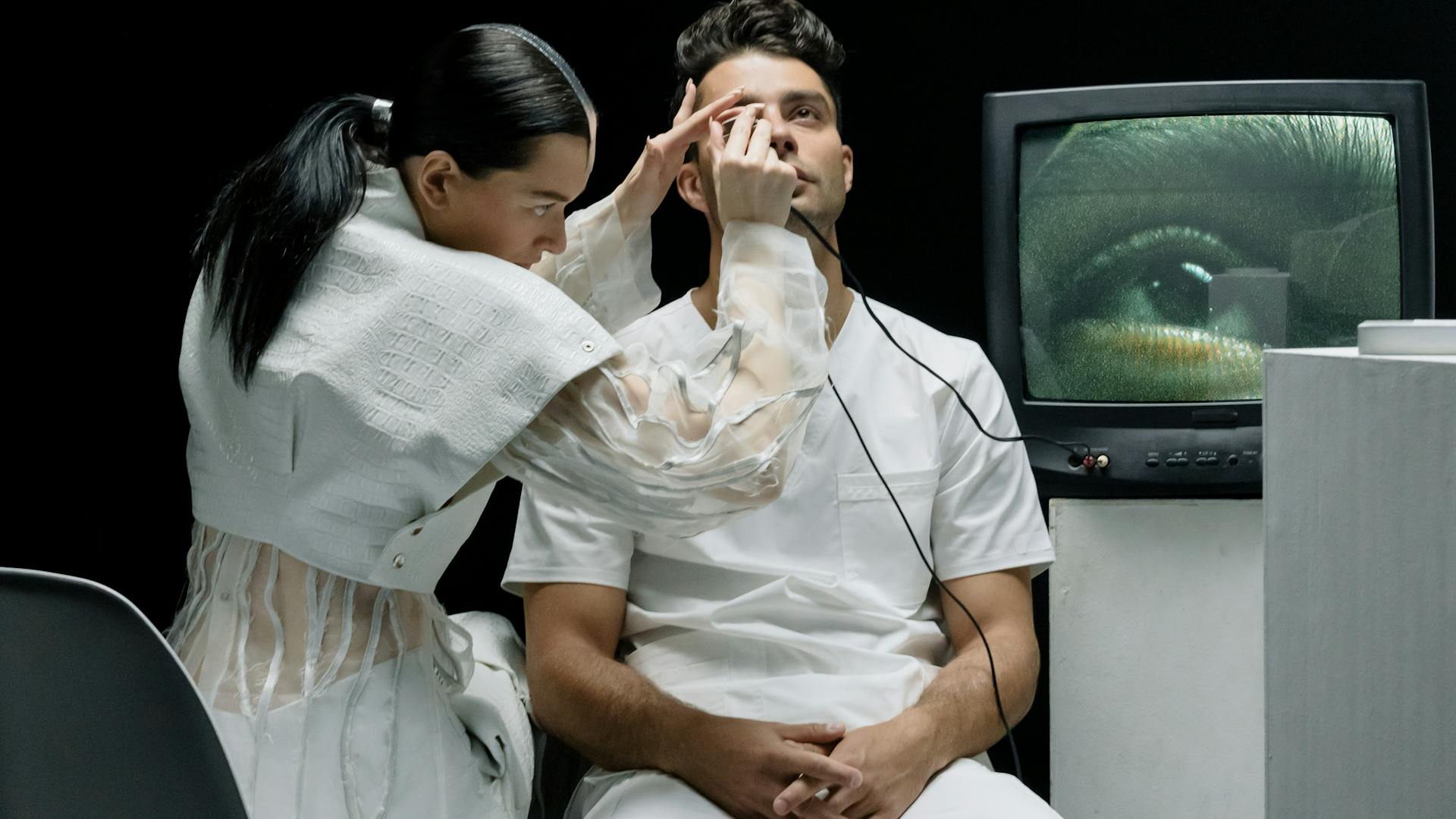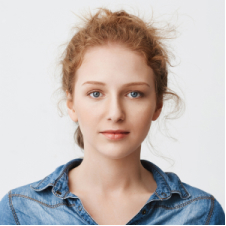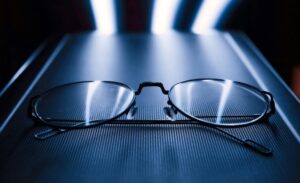The Importance of Regular General Eye Checkups: Comprehensive Guide
Ophthalmologists recommend regular eye checkups to maintain optimum eye health. A general eye checkup is a comprehensive examination of the eyes that helps detect any potential vision problems or eye diseases. This examination involves testing the visual acuity, eye pressure, and dilation of the pupils to assess the overall health of the eyes. Detecting and treating eye diseases early can prevent irreversible damage, making regular eye checkups crucial for everyone, regardless of age or pre-existing vision problems.
Key Takeaways
Importance of Regular Checkups
General eye checkups are crucial for maintaining good vision and overall eye health. They can help detect potential issues early on and prevent more serious conditions from developing.
Comprehensive Evaluation
During a general eye checkup, various tests and examinations are performed to assess vision, eye muscle coordination, and overall eye health, allowing for early detection of conditions such as cataracts, glaucoma, and macular degeneration.
Potential for Prevention and Treatment
A general eye checkup not only helps in identifying eye problems at an early stage but also allows for the prescription of corrective lenses or other treatments that can improve or maintain good vision.
The Anatomy of the Eye
The eye is a complex organ that plays a crucial role in the human sensory system. It is responsible for detecting light and converting it into neural signals that the brain can interpret. The anatomy of the eye consists of several parts that work together to achieve this important function.
Understanding Eye Structure
The outermost layer of the eye is the cornea, which acts as a protective covering and helps to focus light. The iris, located behind the cornea, controls the size of the pupil and the amount of light that enters the eye. The lens, situated behind the iris, further focuses the light onto the retina at the back of the eye, where it is converted into signals for the brain to interpret.
Common Eye Problems and Diseases
On occasion, the eye’s complex structure can be prone to various problems and diseases. These can range from common issues such as refractive errors like myopia and hyperopia, to more serious conditions like glaucoma and macular degeneration. It is important for individuals to be aware of these potential issues and to seek regular eye checkups to ensure early detection and treatment.
Components of a General Eye Checkup
A general eye checkup includes several components to assess the overall health and function of the eyes. These components work together to provide a comprehensive evaluation of the visual system and help in early detection of any potential issues.
Visual Acuity Testing
The checkup starts with visual acuity testing, which measures how well a person can see at various distances. This is typically done using a Snellen chart to assess the sharpness of vision. It helps in identifying refractive errors such as myopia, hyperopia, and astigmatism.
Refraction Assessment
A refraction assessment determines the appropriate prescription for corrective lenses. This test helps in determining if a person is nearsighted, farsighted, or has astigmatism, and measures the eyes’ ability to focus light.
Eye Muscle Coordination Examination
The doctor checks for any misalignments or weaknesses in the muscles that control eye movement, helping to detect issues such as strabismus or amblyopia.
External and Internal Eye Health Evaluation
This involves checking the health of the cornea, lens, retina, and optic nerve, as well as evaluating the overall eye function. Any abnormalities such as cataracts, macular degeneration, or diabetic retinopathy can be detected early.
Glaucoma Screening
Involves measuring eye pressure and evaluating the optic nerve for any signs of damage. Glaucoma is a progressive condition that can lead to irreversible vision loss if left untreated.
Pupil Dilation
Pupil dilation involves the use of eye drops to dilate the pupils, allowing the doctor to get a better view of the internal structures of the eye.
Special Considerations
Pediatric Eye Checkups
The early detection and treatment of vision problems in children can prevent long-term issues with eyesight and overall development. The American Academy of Ophthalmology recommends that children have their first eye exam at six months of age, then at age three, and again at the start of school.
Checkups for Seniors
Regular eye checkups for seniors are crucial. Vision can change significantly in our later years, and conditions such as cataracts, glaucoma, and age-related macular degeneration become more prevalent.
Managing Existing Eye Conditions
Special care and attention are necessary for individuals who have existing eye conditions. This may involve more frequent checkups, specialized treatments, and lifestyle adjustments.
Preparing for Your Eye Checkup
What to Bring to Your Appointment
Bring your current glasses or contact lenses, a list of any medications you are currently taking, and your medical insurance information. It’s also helpful to bring a list of any eye or vision problems you are experiencing.
Questions to Ask Your Eye Care Professional
Ask about any changes in your vision, potential risk factors for eye diseases, and recommended lifestyle changes. Your eye care professional is there to help you, so take advantage of their expertise.
Conclusion
Regular eye checkups are crucial for maintaining good eye health. By scheduling annual eye checkups with an ophthalmologist or optometrist, you can ensure that your eyes are in optimal condition and address any potential issues before they become more serious. Preventative care is key to maintaining healthy vision, so don’t overlook the importance of regular general eye checkups.
FAQ
Q: What is a general eye checkup?
A: A general eye checkup is a comprehensive examination of the eyes to assess vision and overall eye health. It involves various tests and evaluations to detect any abnormalities or underlying issues with the eyes.
Q: How often should I have a general eye checkup?
A: It is recommended to have a general eye checkup at least once every two years for individuals with normal vision. However, for those with existing eye conditions or at a higher risk of eye diseases, more frequent checkups may be necessary as advised by an eye care professional.
Q: What can I expect during a general eye checkup?
A: During a general eye checkup, you can expect to undergo tests such as visual acuity assessment, refraction test, eye pressure measurement, and examination of the retina and optic nerve. Your eye care professional may also evaluate your eye coordination, muscle function, and overall eye health.






